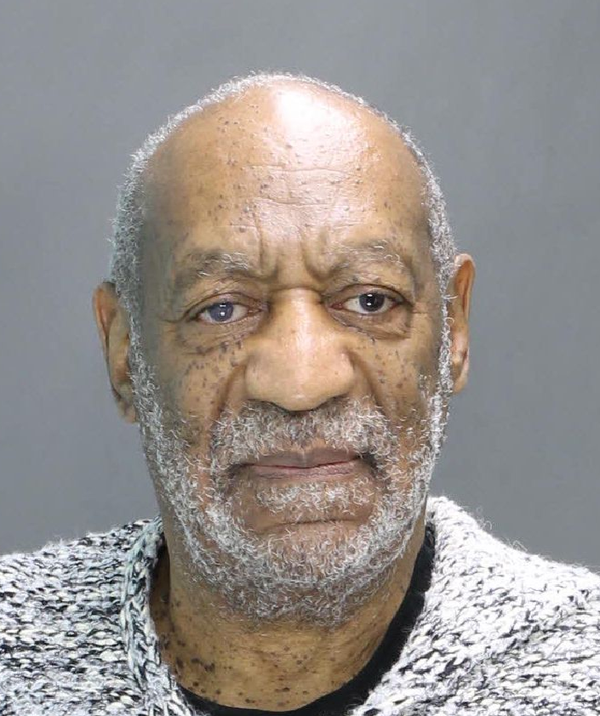
Shortly after a jury found comedian Bill Cosby guilty of sexually assaulting Andrea Constad in 2004, President Michael Roth ’78 announced that he would take action to rescind the honorary doctorate of letters awarded to Cosby over two decades ago.
“Today, Bill Cosby was found guilty of drugging and sexually assaulting a woman, and many other women have come forward to accuse him of sexual assault,” Roth wrote in an email to The Argus. “I will ask the Board of Trustees at its May meeting to revoke the honorary degree Wesleyan awarded Mr. Cosby in 1987.”
On April 26, a Pennsylvania jury convicted Cosby on three counts of aggravated assault against Constad, a former women’s basketball coach at Cosby’s alma mater, Temple University. For his crimes, the 80-year-old comedian could face up to 30 years in prison.
Roth’s appeal to the board of trustees represents a change in Wesleyan’s attitude toward the possibility of revoking honorary degrees. When allegations against Cosby regained public attention in 2015, Roth stated that Wesleyan would not revoke Cosby’s honorary degree as a matter of policy.
“We don’t rescind [honorary] degrees,” Roth said in 2015. “We don’t go backwards…We don’t think that everyone we’ve given an honorary degree to is a perfect person. On the other hand, we also don’t expect to honor someone who has been accused of serious crimes. So I don’t think we need to change [Wesleyan’s] policy. We need to be prudent about who we give these awards to.”
At the time, Roth’s sentiments were widely echoed by several other universities that had awarded Cosby honorary degrees. But now, in the wake of the #MeToo movement and an official verdict against Cosby, Roth’s views have shifted.
If the board of trustees votes in favor of Roth’s proposition when they meet in May, Wesleyan would become the third university in Connecticut alone to revoke an honorary degree from Cosby.
Two years ago, amid mounting evidence against Cosby, the University of Connecticut (UConn) voted to revoke the doctorate of Fine Arts awarded to him in 1996. The decision was spurred by then-student body president Daniel Byrd’s appeal to the UConn Board of Trustees, stating that Cosby did not deserve such a prestigious distinction from the university.
“Since the conferring of this honorary degree, Mr. Cosby had admitted, in sworn depositions that he engaged in conduct that is incongruent with the values of the University of Connecticut,” UConn Provost Mun Y. Choi testified during the board’s proceedings. Following a hearing, the UConn board of trustees voted to revoke an honorary degree for the first time in its history.
Yale University, which, like Wesleyan and UConn, had previously never rescinded an honorary degree, took unprecedented action on Tuesday by also voting to revoke a degree awarded to Cosby in 2003.
“The decision [to revoke Mr. Cosby’s degree] is based on a court record providing clear and convincing evidence of conduct that violates fundamental standards of decency shared by all members of the Yale community, conduct that was unknown to the board at the time the degree was awarded,” Yale University wrote in an official statement. “Yale is committed to both the elimination of sexual misconduct and the adherence to due process. We reaffirm that commitment with our action today.”
Several prestigious universities and colleges across the country including Brown University, Oberlin College, and Fordham University have joined Yale and UConn in stripping Cosby of any honorary degrees or distinctions.
Erin Hussey can be reached at ehussey@wesleyan.edu and on Twitter @e_riss.


Leave a Reply